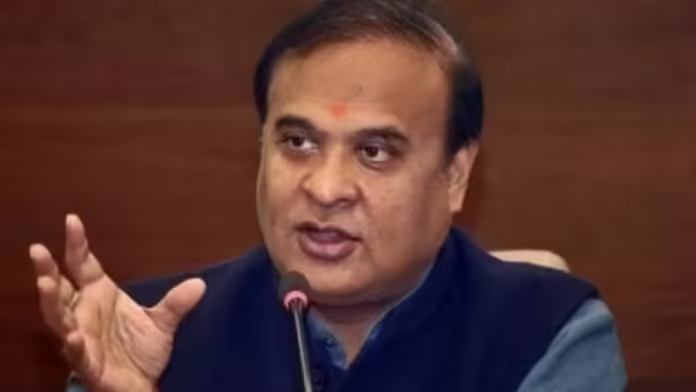Regarding bolstering the rights and protections for indigenous communities in Assam, the state government has announced plans to strengthen Clause 6 of the Assam Accord. This decision marks a pivotal moment in the ongoing efforts to safeguard the interests of Adivasis, Dalits, and other marginalized groups within the region. Chief Minister Himanta Biswa Sarma has expressed the government’s unwavering commitment to ensuring that the rights and land of these communities are preserved through new legislative measures.
The Assam Accord, initially signed in 1985, sought to address the concerns of various communities in Assam, including issues related to citizenship, land rights, and socio-economic development. Clause 6 of the Accord specifically aims to provide constitutional safeguards and special provisions to protect the cultural, social, and economic identity of the indigenous people of Assam. The upcoming legislation seeks to enhance these protections, offering a more robust framework to address long-standing issues faced by these communities.
The new legislation will focus on several key areas to bolster Clause 6 protections. One of the primary objectives is to ensure that indigenous communities have clearer and more enforceable rights regarding land ownership and use. The legislation will introduce stricter regulations to prevent encroachments and land grabbing, which have been persistent issues for Adivasis and Dalits. By strengthening land rights, the government aims to provide a more secure foundation for these communities to maintain their traditional ways of life and economic stability.
Additionally, the new measures will include provisions for increased representation and participation of indigenous communities in decision-making processes. This will involve creating more inclusive platforms where community leaders can voice their concerns and contribute to policy development. The goal is to ensure that the voices of those most affected by land and cultural issues are heard and considered in the formulation of government policies.
Education and awareness programs will also be a significant component of the legislation. These programs will aim to educate both government officials and the general public about the rights and needs of indigenous communities. By fostering a greater understanding of these issues, the government hopes to build broader support for the protection and preservation of indigenous cultures and traditions.
Chief Minister Himanta Biswa Sarma has emphasized that the government’s commitment to protecting the rights of Adivasis and Dalits is paramount. He stated, “Our administration is dedicated to ensuring that the promises made in the Assam Accord are fulfilled. Strengthening Clause 6 is a critical step in safeguarding the rights and land of our indigenous communities. We recognize the challenges faced by these communities and are taking decisive action to address them.”
The introduction of this new legislation comes in response to ongoing concerns and demands from various indigenous and tribal groups in Assam. These groups have long advocated for stronger protections and more effective measures to preserve their rights and heritage. By addressing these concerns through legislative action, the government aims to build trust and foster a more harmonious relationship between the state and its indigenous populations.
As the government moves forward with this legislative effort, it will be essential to monitor the implementation and effectiveness of the new measures. Continuous engagement with community leaders and stakeholders will be crucial to ensuring that the protections provided are practical and beneficial. The success of this initiative will depend on the ability of the government to address the complexities of indigenous rights while balancing the needs and interests of all communities within Assam.
Assam’s initiative to strengthen Clause 6 protections through new legislation represents a significant step toward enhancing the rights and security of indigenous communities. By focusing on land rights, representation, and education, the government aims to address historical grievances and build a more equitable and inclusive society. As the legislative process unfolds, the commitment to protecting the cultural and economic identity of Adivasis and Dalits will be closely watched and evaluated by both local and national observers.


